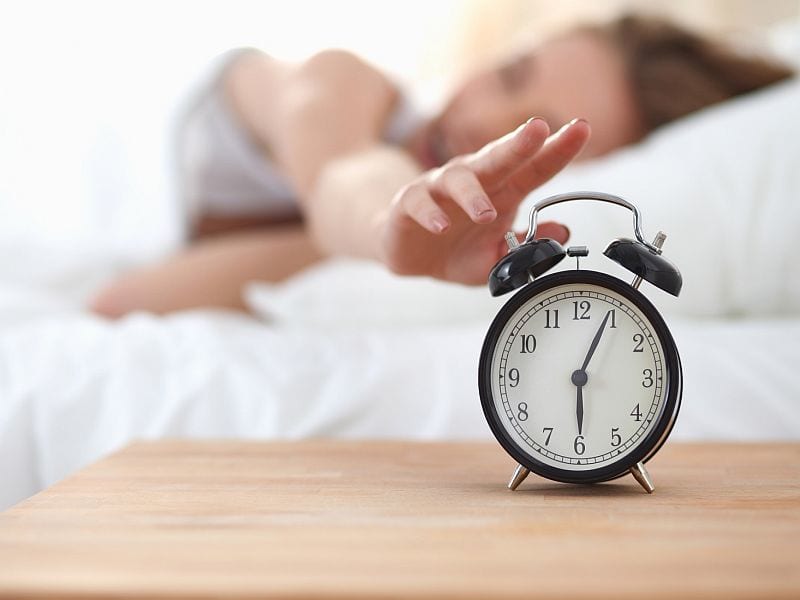MONDAY, Nov. 5, 2018 (HealthDay News) — When Americans set clocks an hour ahead in the spring for Daylight Saving Time, hospitalizations rise for people with a common type of irregular heartbeat, a new study finds.
Atrial fibrillation affects at least 3 million Americans and possibly twice that many. Its main danger is an increased risk for stroke or heart failure, the study authors pointed out.
Researchers — led by Dr. Jay Chudow, a resident at Montefiore Medical Center in New York City — looked at nearly 6,300 medical records of patients ages 18 to 100 who were admitted for atrial fibrillation between 2009 and 2016.
On the four weekdays following the start of Daylight Saving Time, 3.13 people a day were admitted to Montefiore for atrial fibrillation. That’s significantly more than the 2.56 daily admissions for the same problem during the rest of the year.
No significant difference was seen in the fall when clocks get set back to standard time and Americans gain an hour sleep, the researchers found.
These findings add evidence to concerns that Daylight Saving Time may adversely affect health, the researchers said.
The findings are scheduled for presentation Nov. 10 at the American Heart Association’s annual meeting, in Chicago.
Research presented at meetings is typically considered preliminary until published in a peer-reviewed journal.
More information
To learn more about atrial fibrillation, visit the American Heart Association.
Copyright © 2026 HealthDay. All rights reserved.

